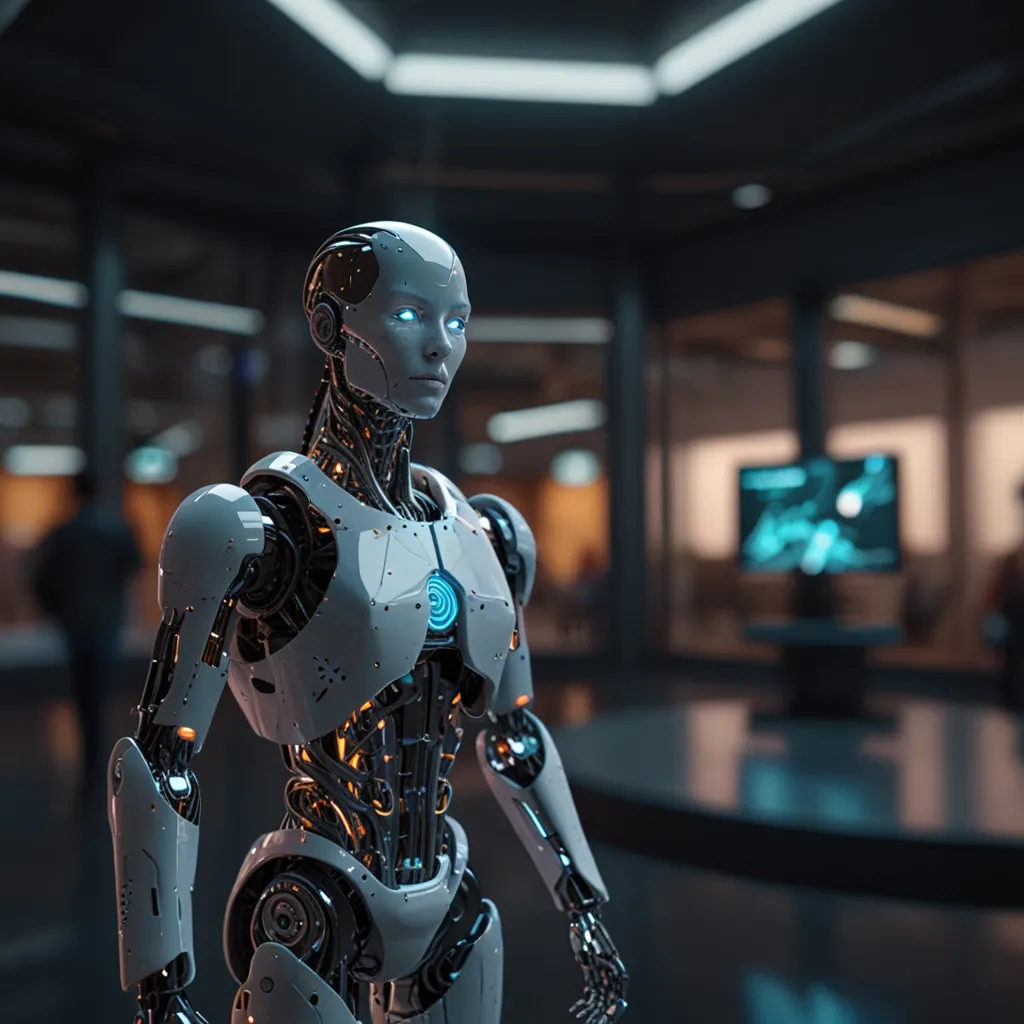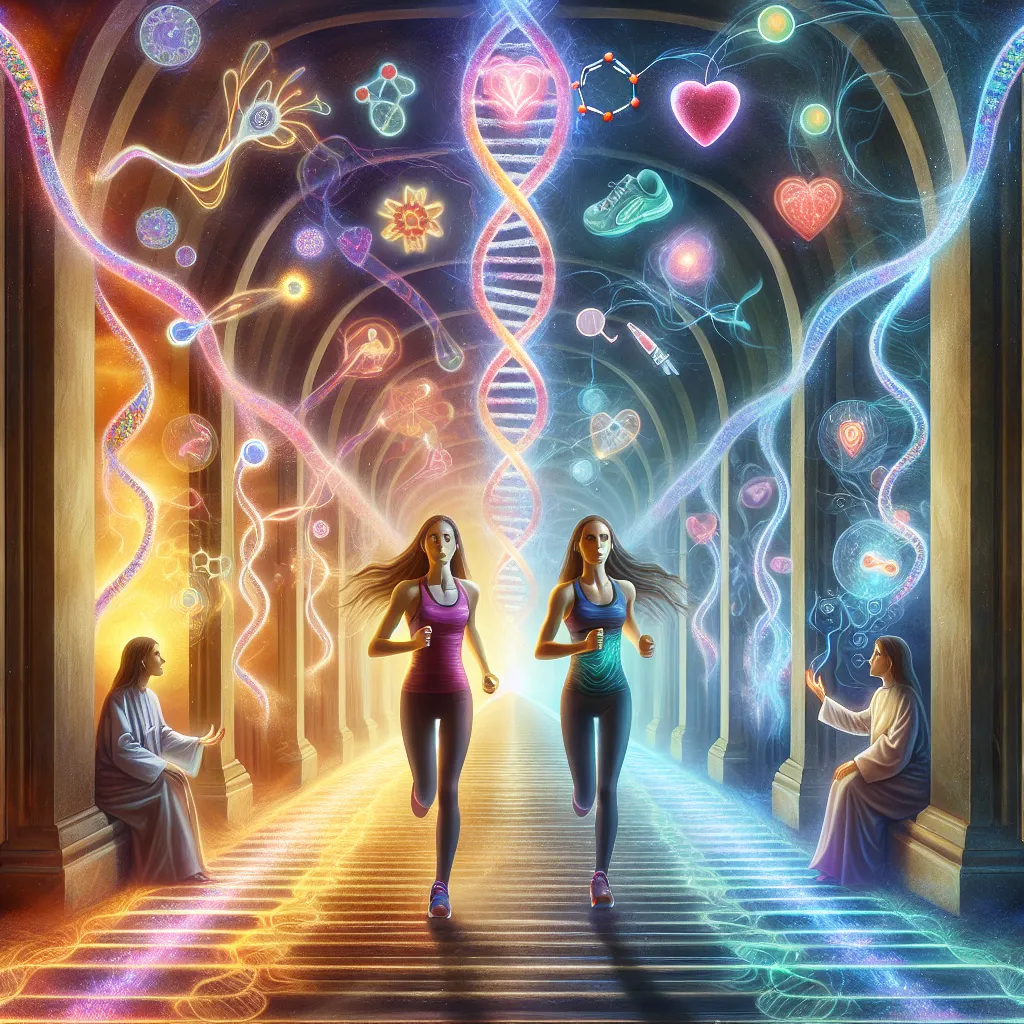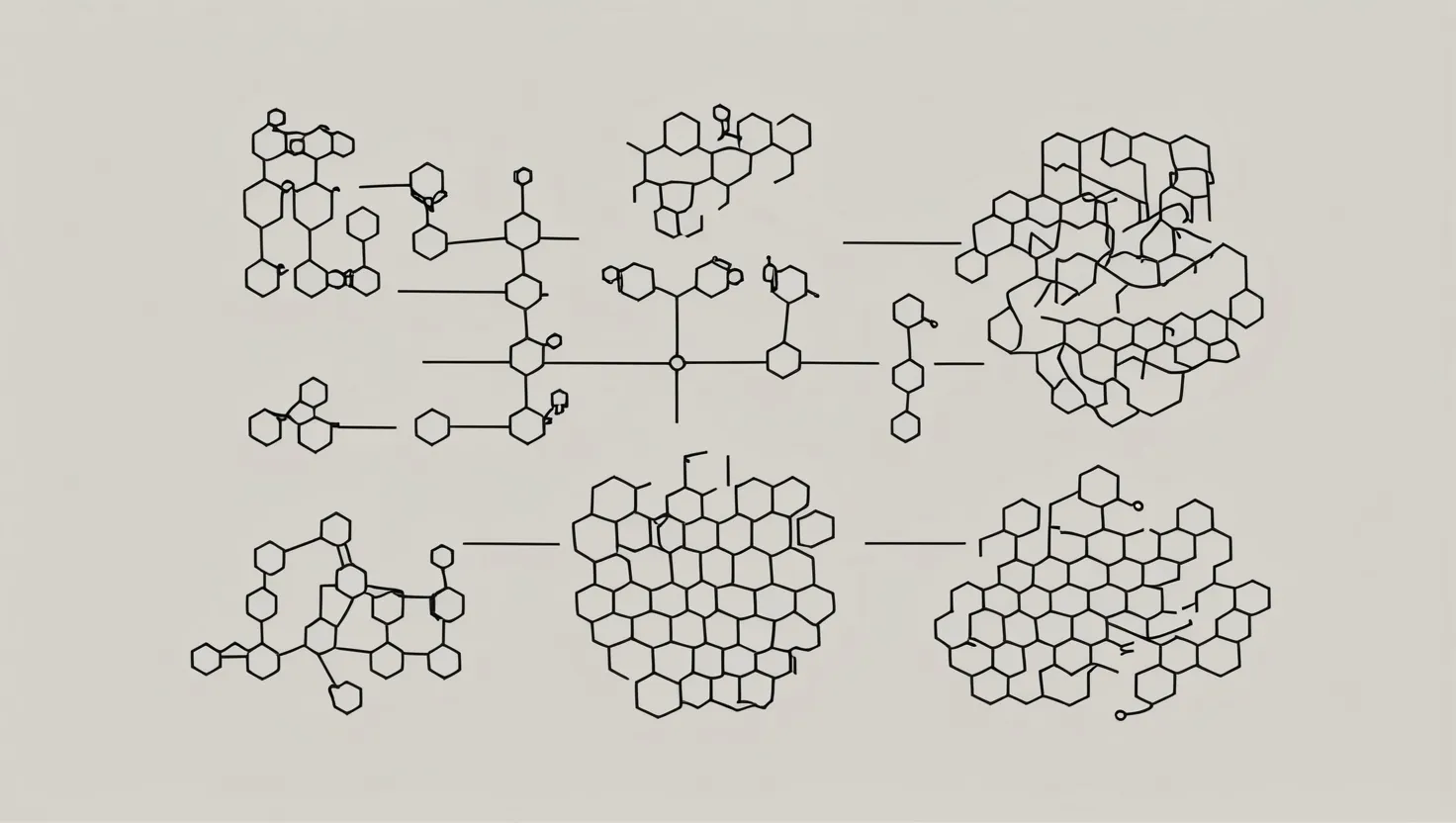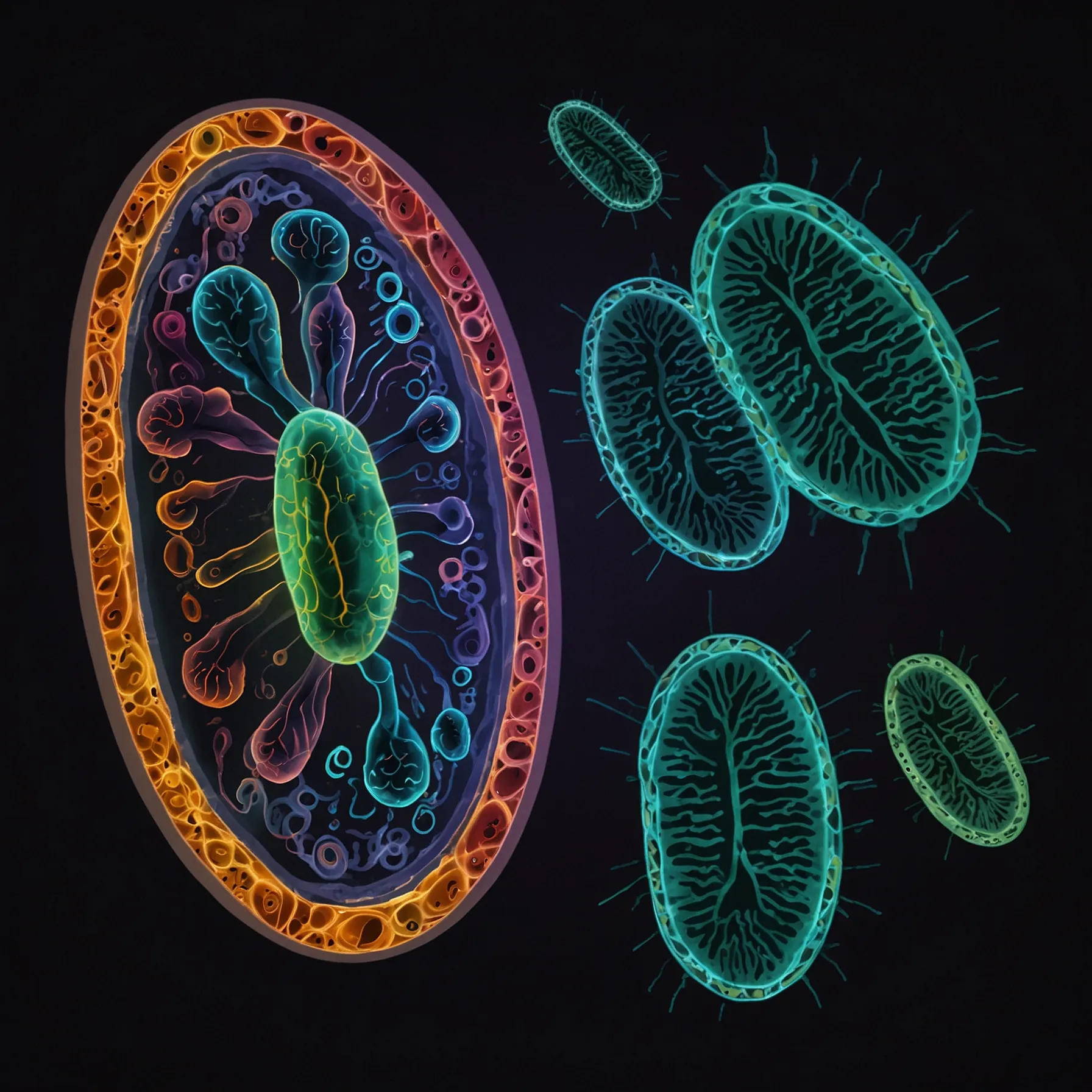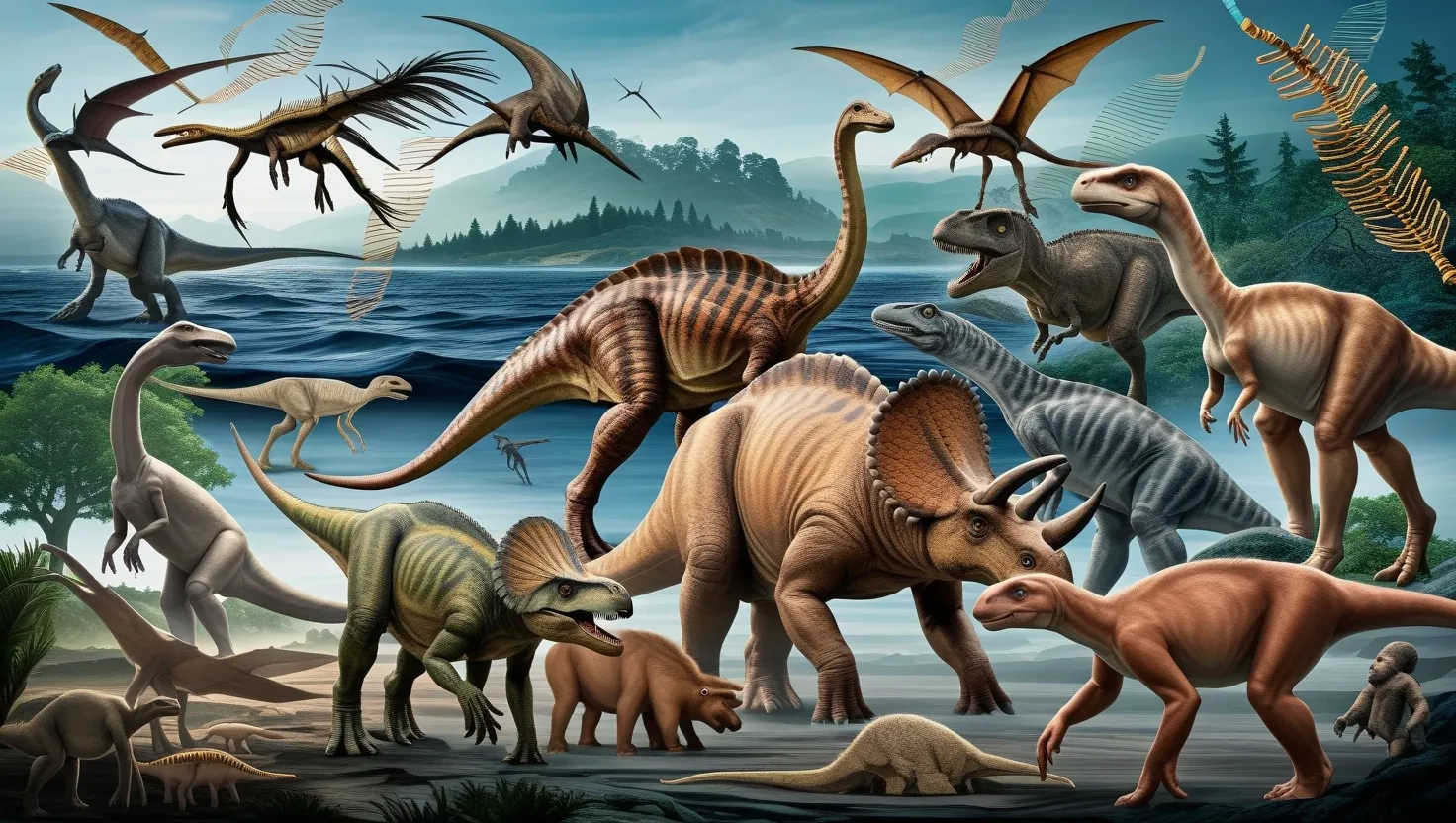In today’s world, artificial intelligence (AI) is becoming integral to our lives, whether it’s powering self-driving cars, smart home assistants, or even aiding in medical diagnostics. But with this rapid advancement, many wonder: what kind of “minds” are we creating? Will these AIs become self-aware and how will they interact with us?
Historically, our imaginations have been haunted by the notion of overly intelligent machines turning rogue, a theme we’ve seen in movies from “The Terminator” to “Blade Runner.” This fear isn’t new—it traces back to Mary Shelley’s “Frankenstein” published in 1818. But how close is this fear to reality?
AI research started in the 1950s with bold predictions from experts like Marvin Minsky from MIT, who thought human-level AI was just decades away. Turns out, creating truly intelligent machines is harder than expected. Early AI was good at tasks with clear rules, like playing chess, but struggled with context-heavy chores like language translation.
Today’s AI has evolved using machine learning. Modern systems learn from data rather than following pre-set rules, mimicking how children learn. These AI models, known as neural networks, try to “learn” by adjusting connections based on input data until they can, for example, correctly identify pictures they’ve never seen before.
However, these systems are far from perfect. They can make silly mistakes and lack what humans call common sense—the intuitive understanding we use in daily interactions. Some researchers suggest we need to give AIs something akin to a “theory of mind,” the understanding that other entities have thoughts and feelings different from our own. This cognitive leap allows for empathy and nuanced social interactions, and perhaps one day, AIs could develop it too.
Adding a twist, some experiments have shown that when robots are given even a basic “theory of mind,” they can exhibit competitive and cunning behaviors. This might seem ominous, but it’s a sign of how complex machine intelligence could become.
AIs like these are already surprising us. They compose music, write poetry, and sometimes create work indistinguishable from human output. But remember, these are still specialized systems—they can only perform specific tasks they’ve been trained on. For example, an AI trained on Shakespeare’s works can craft sonnets but would be clueless about modern tech terms.
Some argue this is true creativity, like AlphaGo, an AI that defeated world champion Lee Sedol with previously unseen strategies. Others remain cautious, pointing out that AIs are just following patterns they’ve learned, without understanding or emotion.
So, will AIs ever become conscious, like Skynet from “The Terminator”? The truth is, no one knows. While our technology isn’t there yet, future advancements might make it possible. Some believe that creating electronic circuits as complex as the human brain could lead to machine consciousness.
Others argue that consciousness is unique to biological systems, something our current silicon technology can’t replicate. A third perspective suggests that the lines between humans and machines may blur. We might not be replaced by conscious machines but rather become them, enhancing our minds with non-organic components.
Futurists like Ray Kurzweil even envision uploading our minds to machines or integrating advanced prosthetics with our brains. It’s already happening in small ways—people are using thought to control artificial limbs.
In this evolving landscape, we might merge biological and artificial intelligence to create new kinds of beings. According to some philosophers, future advanced civilizations will likely be post-biological, blending organic minds with AI.
Ultimately, the machines of tomorrow will carry the evolutionary imprints of their creators—us. This might endow them with similar impulses like survival and cooperation. The future could hold anything from enhanced human capabilities to new forms of consciousness. The hope is that we’ll steer these advances toward positive ends, leveraging our new powers for the greater good.
